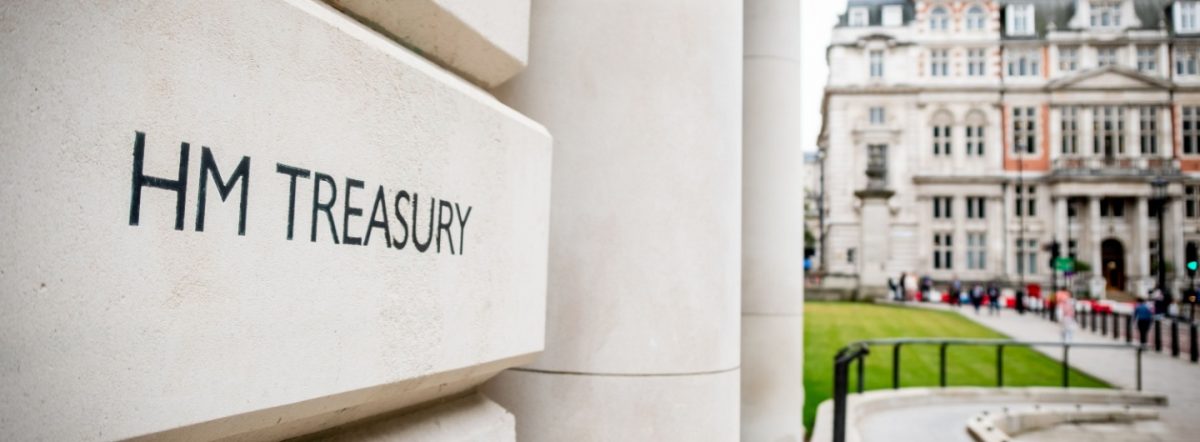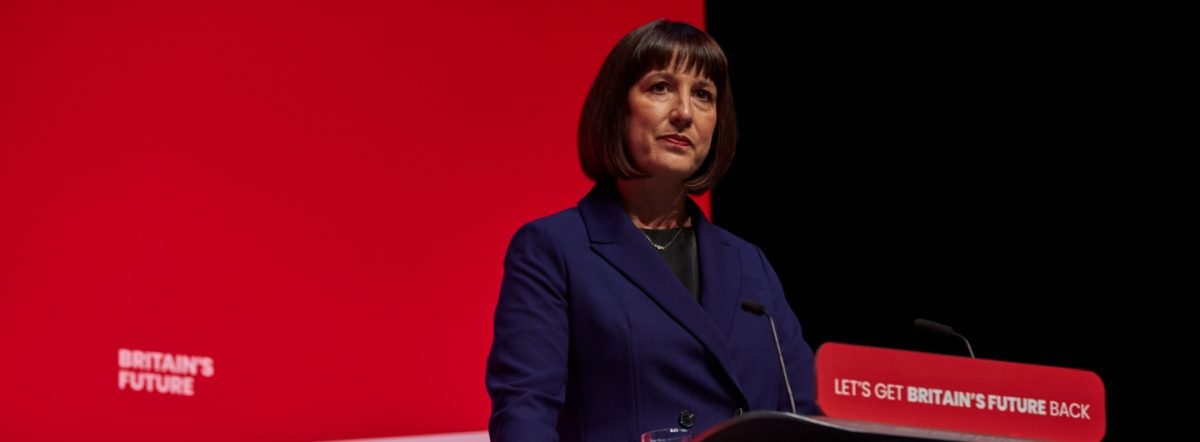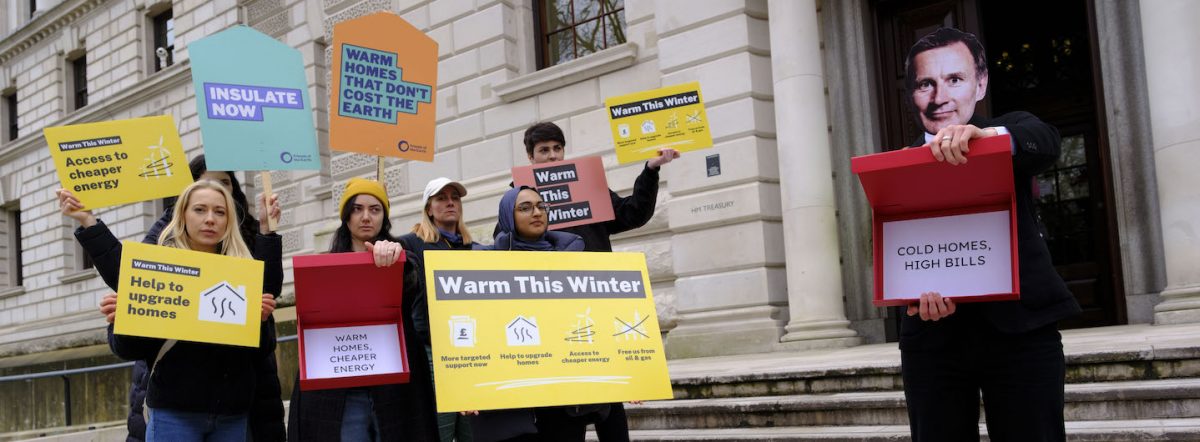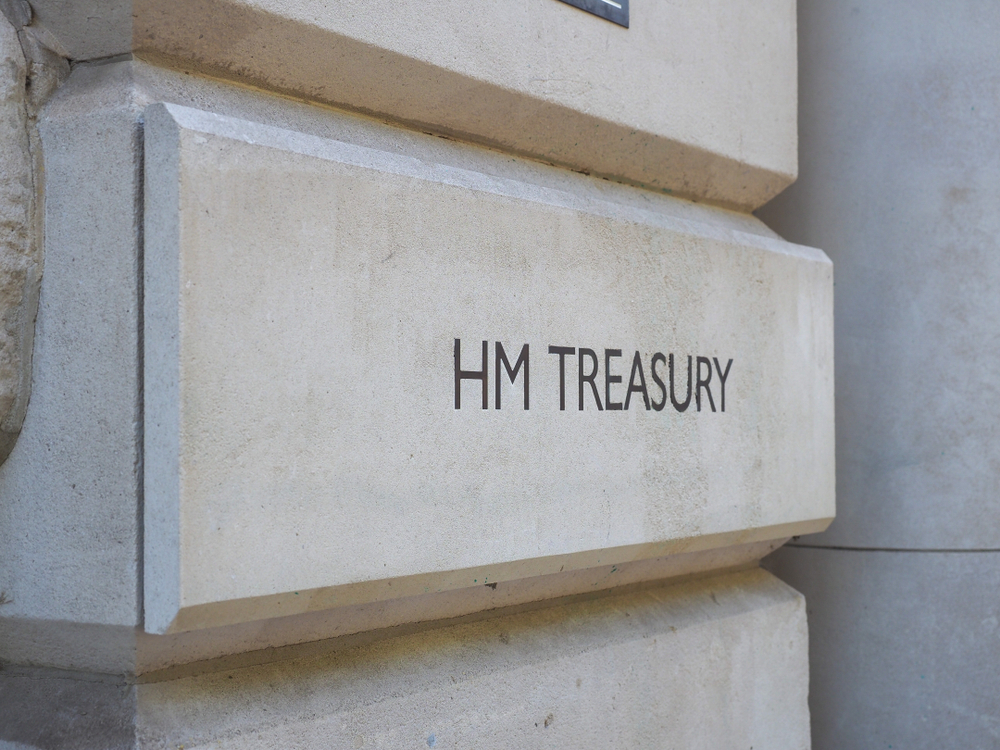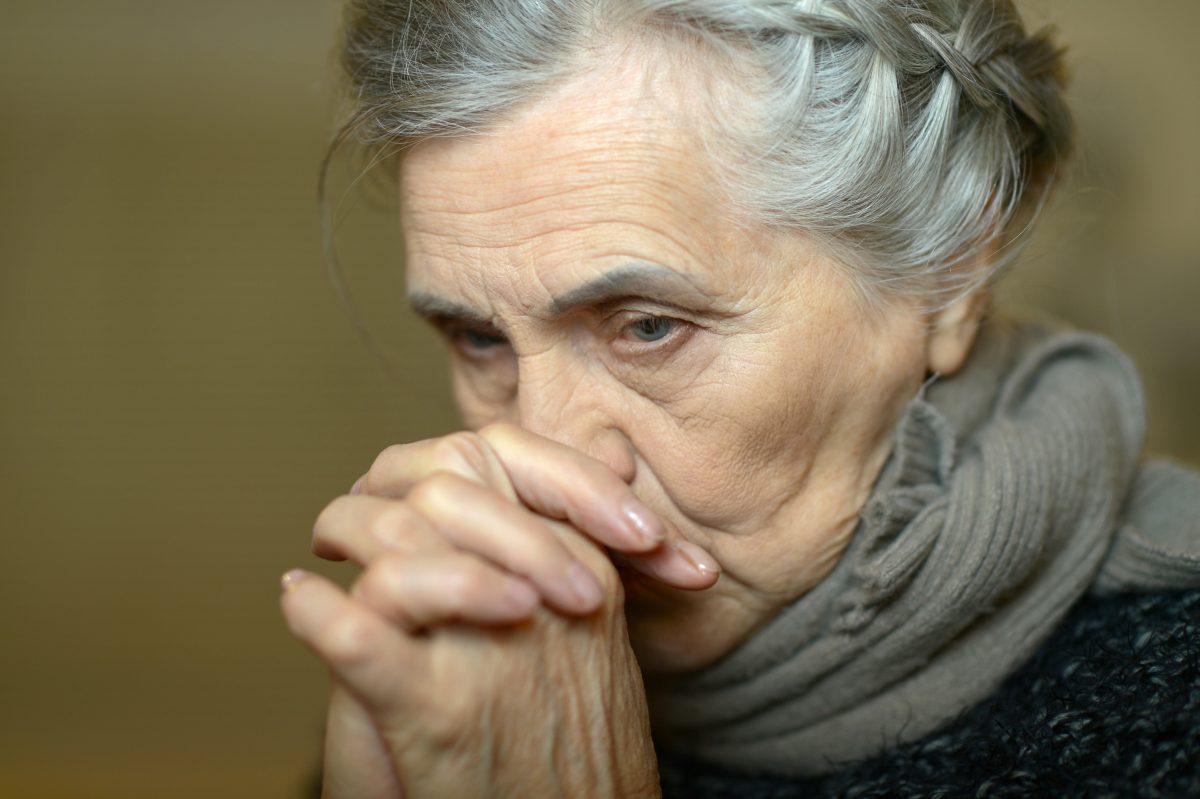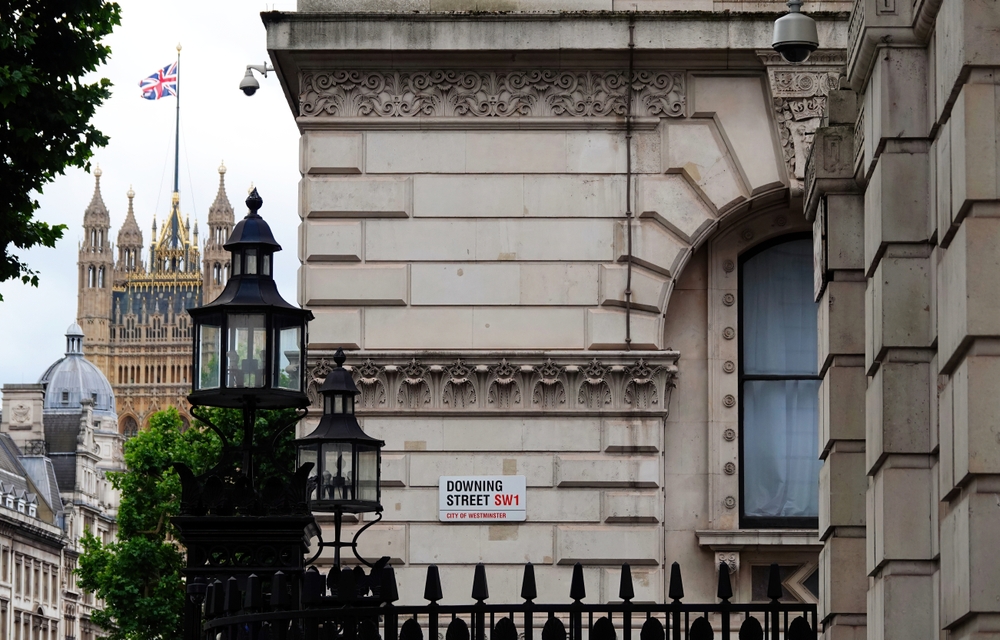The first Budget of the new Government gave little for fuel poverty campaigners to welcome.
While investment in energy was confirmed and a “down payment” on the Warm Homes Plan was highlighted, there was no further support for households with their energy bills.
A spokesperson for the End Fuel Poverty Coalition, commented:
“The only way to bring down bills permanently is through investment in insulation, home improvements, renewables and infrastructure which will free us from volatile gas prices forever.
“But after the Chancellor’s speech, uncertainty remains whether Ministers will be able to confirm the £13.2bn promised to help people improve their homes.
“And despite the Chancellor taking Winter Fuel Payments away from millions of older people with disabilities and health conditions, there was no support for vulnerable households with their energy bills now.
“The increase to the Household Support Fund announced today is essentially an extension of the current Fund through to the end of March 2026 at the same level as under the last Government and with no adjustment for inflation.
“And with more older people turning to the Fund, local authorities will find it stretched even further.
“What we needed to see in the short term was a restoration of winter fuel payments, an expansion of warm home discounts and reforms to improve and extend cold weather payments.
“Longer term, the Chancellor also needed to commit to a social tariff providing a unit rate discount on energy alongside existing support.”
Warm This Winter spokesperson Caroline Simpson said:
“The Government has done a lot to move us on from energy price shocks in the future with the clear commitment to clean energy.
“But while £3.4 billion is a welcome first instalment on the Warm Homes Plan, it is only the start of the journey.
“We desperately need to see a full £13.2bn turbo charge to the Warm Homes Plan and a 10 year strategy to keep people warm every winter through better housing and energy efficiency.
“For those suffering in cold damp homes now – especially those with disabilities, heath conditions and who have lost the Winter Fuel Payment – the majority of voters also want to see help now.
“In fact 75% of the public say there should be financial help for older and disabled people to pay their energy bills. The public also think the wider energy sector, who have made £457 billion in profits since the start of the energy crisis, should pick up the tab for a new social tariff.
“We urge the government to look at this as a way forward.”
Frazer Scott from Energy Action Scotland, posted on X:
“Nothing in the budget to help people across the UK access affordable energy. We need UK and devolved governments to work better together because the dial isn’t shifting based on their individual interventions.”
National Energy Action Chief Executive Adam Scorer commented:
“This Budget will not lessen the impact of unaffordable energy bills and record levels of energy debt this winter. With likely increases to energy bills later in January, things will remain bleak for some of the most vulnerable households across the UK.
“A longer-term Warm Homes Plan designed to help fuel poor households is more vital than ever. A downpayment is welcome, but we need the full detail and investment promised in the Labour manifesto.”
Ellie Mae O’Hagan, UK Energy Programme Leader for E3G said:
“The initial £3.4 billion announced over three years for retrofitting homes will provide industry with welcome investment certainty but is well short of the Labour Manifesto pledge to invest £13.2 billion over the Parliament.
“The door has been left open to boost this investment in the Spending Review due in the Spring. This must now be delivered so that people can get the warm homes they deserve.”
Paul Kissack, Chief Executive of the Joseph Rowntree Foundation said:
“Today’s actions alone won’t be enough to fix the foundations for millions who struggle winter after winter in devastating hardship. The Chancellor is right that change must be felt. The people who needed to feel the most change are those living in and at risk of hardship.
“Limiting the devastating impact of deductions is a good step. There was also welcome investment in social homes, help for carers to work and care, and a rise in the minimum wage.
“It’s deeply worrying that we haven’t seen changes to social security that will seriously bring down hardship. In particular private renters will feel let down by the choice to keep Local Housing Allowance frozen means that it will become further out of step with local rent levels, which have soared in recent years.
“People receiving sickness benefits also face a fearful future at a time when almost two thirds of those experiencing destitution have a long term health condition. The government has failed to explain how they will save £3bn from the benefits bill and will offer no certainty and more anxiety rather than the respect they deserve.”
Independent Age Chief Executive Joanna Elson, CBE said:
“Today’s Budget was a mixed bag for older people in financial hardship. There were some welcome announcements from the UK Government’s including the continuation of the Triple Lock, changes to the earnings limit for Carers Allowance, investment in Discretionary Housing Payment and an extension to the Household Support Fund. All of these have the potential to help older people in financial hardship.
“However, many older people living on low incomes will be incredibly concerned that the UK Government is going full steam ahead with plans to means test the Winter Fuel Payment. At the very least, this change shouldn’t be made until Pension Credit take-up is substantially increased. The latest figures show that up to 970,000 eligible older people could be missing out on Pension Credit, and now they will lose the Winter Fuel Payment despite living on a low income. This will have a devastating impact on older people in financial hardship across the country. The people we speak to at Independent Age are planning to make drastic cutbacks just to get by, from heating one room in their house to visiting public places just to stay warm.
“Many people experiencing poverty in later life will feel their voices have not been heard today, with few policies that will quickly get financial support to them. For example, the UK Government could have widened the Winter Fuel Payment eligibility to include those receiving Housing Benefit, and committed to the annual uprating of Local Housing Allowance.
“In the long-term, nobody should have to worry about their finances as they age. In the future we want to see national social tariffs for water and energy, this will help protect those on low incomes from spikes in costs like we have seen recently. It is also time for politicians to agree on what an adequate income in later life should be to avoid financial hardship.
“Our latest polling found that 87% of people aged 65 and over think the UK Government doesn’t understand the issues facing older people, and sadly it is hard to see enough in this Budget that will change this view.”



